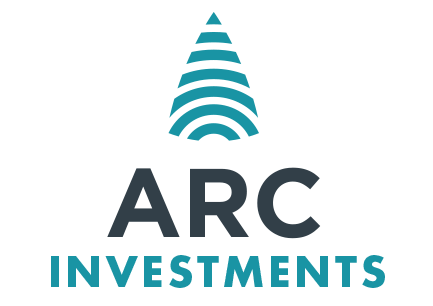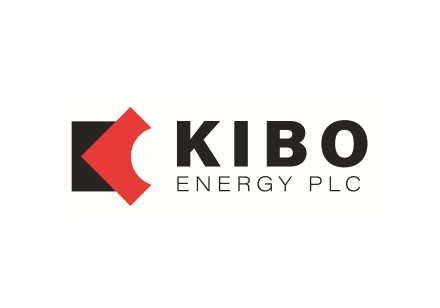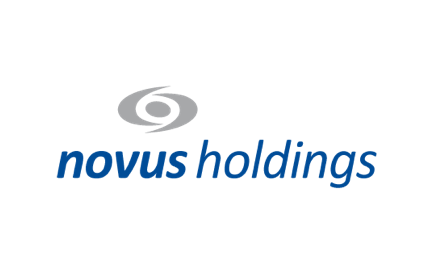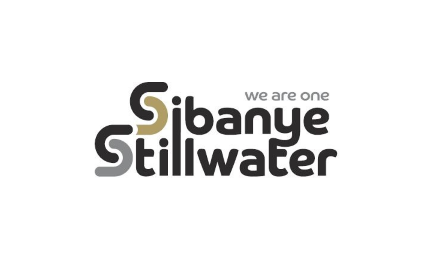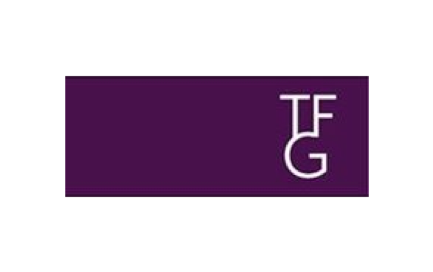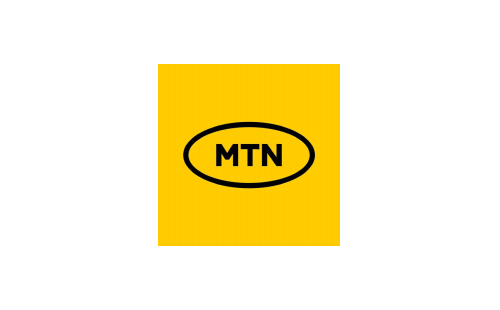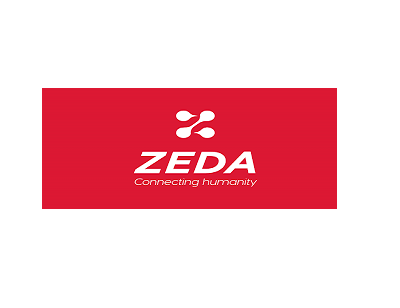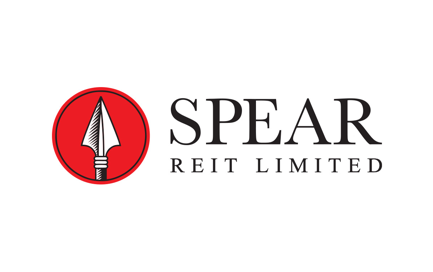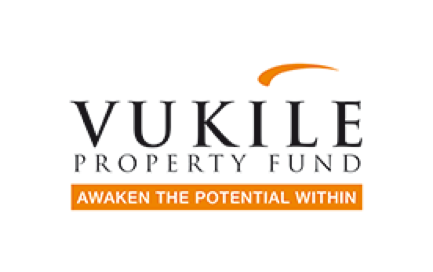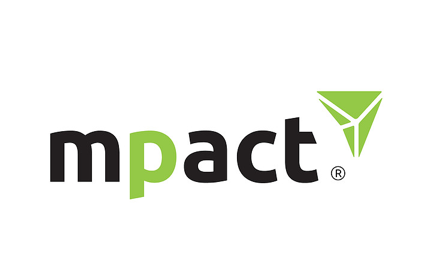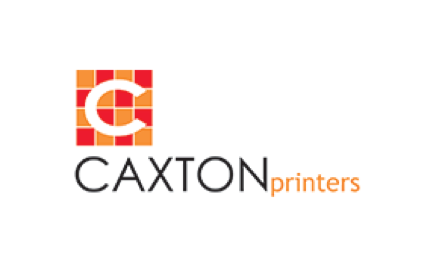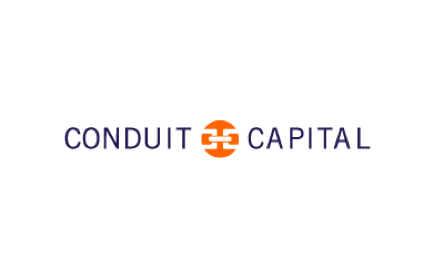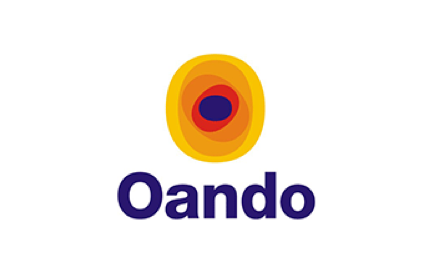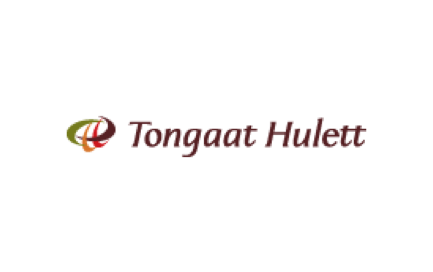Get the latest recap of JSE news in the Ghost Wrap podcast, brought to you by Mazars:
ARC’s investments are mostly in line with expectations (JSE: AIL)
And Tyme has initiated its Series D raise as that story goes from strength to strength
African Rainbow Capital (commonly called ARC) has released a portfolio update dealing with the three months to March 2024. On the whole, it looks pretty good despite the unforgiving backdrop for companies of high interest rates and consumers taking strain.
Over at rain, monthly financial targets are being met and they are experiencing decent uptake of the RainOne offering. Bluespec is also on track and is the controlling shareholder of WeeLee, which recently opened its first wholesale mega vehicle warehouse in a clear play for the market segment that WeBuyCars has been enjoying. Ooba has maintained market share and performance despite a difficult environment for property sales. On the agri side, ARC is consolidating various investments and is building out a vertically and horizontally integrated group, which sounds interesting. At Upstream, which offers technology-focused platforms for debt review and related services, the current environment is proving to be favourable.
The thorn among the roses in the non-financial services portfolio is Kropz, where Elandsfontein has faced challenges in production. Various management interventions have taken place to improve production. ARC provided an additional R113 million in capital during the quarter.
Moving on to financial services, the focus is of course on TymeBank. They now have 12.4 million customers across South Africa and the Philippines, with 450,000 new customers monthly. The flywheel is really spinning now, with an annualised gross revenue run rate of $175 million and annualised operating income of $110 million. They have a deposit base of $600 million and loan portfolio of $165 million.
In South Africa, TymeBank’s sustained profitability is expected by June 2024 after breaking even in December 2023. In the Philippines, GoTyme is projecting breakeven by Q4 2025. They are pushing hard in that market, with the acquisition of Savii (a salary-based lender in the Philippines) unlocking a wider range of financial and lending products. TymeBank is also expanding its product range, including targeting SMEs.
Importantly, Tyme completed the Series C capital raise in January 2024 and has initiated its Series D raise to take GoTyme to profitability and to keep growing the lending portfolio. This is an exciting story.
Elsewhere in the financial services portfolio, we find Crossfin as a FinTech business focusing on payments in emerging markets. Lesaka Technologies agreed to acquire Adumo, a Crossfin subsidiary, in a deal worth R1.6 billion that is expected to be finalised in Q3 of this year. ARC has opted to be paid in Lesaka shares.
Capital Legacy, the estate administration business, has continued growing and is focused on making the most of the partnership with Sanlam that saw Sanlam take a 26% stake in the business. As part of the deal, Capital Legacy acquired the entire Sanlam Trust business.
Finally GoSolr’s solar installations remained consistent in this quarter, but that was before load shedding magically disappeared. Demand has been lower than anticipated as you would expect, with the business shifting focus beyond just load shedding solutions.
After languishing for so long, Kibo Energy is taking big steps (JSE: KBO)
Even after this announcement, there isn’t a single bid in the market
There really is no point in Kibo Energy remaining listed on the JSE and it seems that the company has recognised that. After all, on the day of an announcement entitled “corporate restructuring and repositioning” there was still no trade. As part of a major shake-up of the group, the listing on the JSE will be reviewed and possibly cancelled.
The company has been selling down its stake in Mast Energy Development (MED) over time to pay down its debt, while releasing all kinds of detailed SENS announcements about exciting projects at MED. I think the market is just tired of the size and obscurity of this group. It also doesn’t help that MED is so broken that the receivable from that company is seen by Kibo has having limited recoverability (43 pence in the pound), with Riverfort willing to buy the debt from Kibo at that price.
Wholesale changes to the board have been proposed, which will include the current CEO stepping down. The company has a capital raise on the table, but it is conditional on the new board appointments being concluded. This will help with bringing the balance sheet to a sustainable level.
I won’t miss Kibo Energy from my SENS feed if they do decide to cancel the listing. It’s a scrappy thing that hardly ever makes it off R0.01 per share.
Get the calculator out for Novus (JSE: NVS)
You won’t see a 1,000% improvement too often
Novus has released a trading statement for the year ended March 2024. The headline loss per share of -7.35 cents has improved by at least 1,000%, which isn’t an easy thing to interpret without stopping and thinking carefully.
A 100% improvement would be break-even, as the group was loss-making. A 1,000% improvement therefore suggests HEPS of 66.15 cents by my calculation, which puts the group on a Price/Earnings multiple of roughly 8.2x at the current price of R5.40 per share.
Notably, the improvement was by at least this extent, so the earnings might even be higher. We will know when they are released on 14th June.
Sibanye-Stillwater is trying to give the balance sheet some headroom (JSE: SSW)
The group has pro-actively engaged with banks around debt covenants
Sibanye-Stillwater is preparing for what could be an extended period of low commodity prices. PGMs need to move higher for the group to do well and there’s no guarantee whatsoever of that happening. In a pro-active risk management strategy, the group has negotiated with lenders of the Revolving Credit Facilities and the Silicosis Guarantee Facility to increase the leverage limits under the covenants.
There are 11 international banks and 4 South African banks in the lender consortium, so I’m glad that I didn’t need to try and arrange those Teams calls. They’ve agreed to lift the covenants for all facilities from 2.5x net debt to adjusted EBITDA to 3.5x from June 2024 to June 2025, and to 3.0x for July 2025 to December 2025. Other covenants have also been amended.
The group is exploring other alternatives like pre-pays and streams to try to maximise balance sheet flexibility.
As useful as this flexibility is, this isn’t the type of behaviour that you see from a company with a rosy outlook. The PGM cycle is tough to predict at the best of times and electric vehicles are making it even harder.
Finance costs are eating almost all the gains at The Foschini Group (JSE: TFG)
And yet the share price closed 11.3% higher after results
The Foschini Group (TFG) isn’t shy of taking on debt for acquisitions. If this works out, shareholders end up doing very well. If it fails, they pay dearly. And along the way, whichever way you cut it, finance costs eat up much of the growth in profits.
Thankfully, the impact of finance costs should be far less significant in the coming year. Net debt excluding lease liabilities has been reduced by 31.3% to R4.9 billion, driven by the strong cash result detailed below.
But before we get to that, this result needs to be contextualised by finance costs at TFG jumping from R1.37 billion to R1.77 billion, devouring R400 million of the R530 million increase in operating profit before finance costs. This is why the results for the year ended March 2024 reflect a really great story up until operating profit, followed by tepid growth in HEPS. The bankers are enjoying the fruits of TFG’s growth at the moment.
Group revenue increased by 8.9% and gross profit was up 8.6%. Operating profit before finance costs came in 9.9% higher. That all sounds strong. HEPS was unfortunately up by just 0.2%.
Despite this, the market celebrated these numbers with the share price closing over 11% higher on the day, surely because of the quality of the performance in the underlying businesses rather than the growth in HEPS. The significant slowdown in growth in the second half of the year vs. the first half seemed to be brushed off by the market.
One of the main highlights was growth in cash generated from operations of 76.5%, driven by a much-improved inventory situation. Inventories were 11.6% lower despite the jump in sales, with the problems of the prior period having been worked out the system.
This cash performance helped drive a 33.3% increase in the final dividend. If we include the interim dividend and consider the full-year dividend, the increase is 9.4%. If you’re wondering how this is possible when HEPS was only slightly higher, the answer lies in the low payout ratio that leaves plenty of headroom for increases. On HEPS of 970.7 cents, the dividend is still only 350 cents.
If we dig deeper, we find that TFG Africa and TFG London each grew by 10.4% in ZAR terms, while TFG Australia was up just 0.3% in ZAR terms as the retail industry in that country suffers.
The ZAR results are hiding the underlying pressure in TFG London, with store turnover down 6.6% in GBP and online turnover down 0.8%. They managed to grow gross profit by 1.4% in that business though, as they focused on margins. Over in Australia, the local currency performance was a 5.6% decline in retail turnover. The mix was interesting though, with online up 7.5% and stores down 6.5%.
While TFG London managed to limit the decline in operating profit before finance costs to 5.3%, TFG Australia wasn’t so lucky. It saw that metric decline by 28.9%.
It’s worth noting that the overall 8.6% increase in group sales includes the benefit of Tapestry Home Brands only being acquired during the previous period rather than at the beginning of it. Without that impact, retail turnover would’ve been up 6.9%.
Another important detail to note is that online turnover increased by 22% and contributes 9.9% to total group turnover. That’s impressive in my books, particularly as shopping behaviour has normalised after the pandemic. They’ve put a lot of effort into the Bash platform and it is working, with online retail turnover in TFG Africa up by 44.4%.
After the recent uptick we’ve seen in credit sales in some retailers, it’s pleasing to note that cash turnover at TFG Africa grew by 13.3% and credit turnover was only 2.8% higher. Although it is true that sales growth will also be a reflection of where management is focusing (and the likes of Pepkor are pushing credit sales), it’s also important to see cash sales demand coming through.
On the acquisition front, TFG acquired Street Fever, integrating its 91 stores into Sneaker Factory. This has scaled that business to 213 stores within TFG Africa.
Little Bites:
- Director dealings:
- A director of MTN Nigeria has bought shares in MTN (JSE: MTN) worth R4 million, which is significant I think.
- An independent non-executive director of Zeda (JSE: ZZD) – who was previously group financial director at Barloworld – sold shares in Zeda worth R236k. As a shareholder in Zeda myself, I’m not thrilled to see that.
- Associates of the CEO of Spear REIT (JSE: SEA) bought shares worth nearly R64k.
- Vukile Property Fund (JSE: VKE) will lend €60 million to Spanish subsidiary Castella Properties. This will be used to partially repay debt with Aareal Bank AG, which bears interest at 5.75% per annum. The shareholder loan will convert to equity by the end of July 2024. The broader refinancing of Castellana’s Aareal loan is expected to be implemented by Q3 2024.
- Mpact’s (JSE: MPT) relationship with Caxton & CTP Publishers and Printers (JSE: CAT) appears to still be troublesome. At the Mpact AGM, important special resolutions weren’t passed thanks to roughly 40% of votes being against those resolutions. Caxton holds roughly 34% in Mpact and has voted against these resolutions before. These are resolutions that usually go through without any issue at most companies, including paying remuneration to non-executive directors! Mpact has found ways to carry on without these resolutions passing, but it’s really not an ideal situation for anyone involved.
- In another absolute disaster for Conduit Capital (JSE: CND), the Prudential Authority has declined the sale of CRIH and CLL for R55 million. The decision has taken an extremely long time and has now gone against the company. The purchaser has the right to appeal the decision.
- Oando (JSE: OAO) has participated in a structured oil-backed forward-sale finance facility sponsored by the Nigerian National Petroleum Company. A subsidiary of Oando contributed $550 million out of a total facility of $925 million. This forms part of Project Gazelle, which is the largest syndicated loan ever raised by Nigeria in the international market. Oando refers to itself as the “indigenous partner of choice” in the Nigerian market.
- Those still following the Tongaat Hulett (JSE: TON) business rescue may want to check out the latest report (being the 17th such report!) available here.



